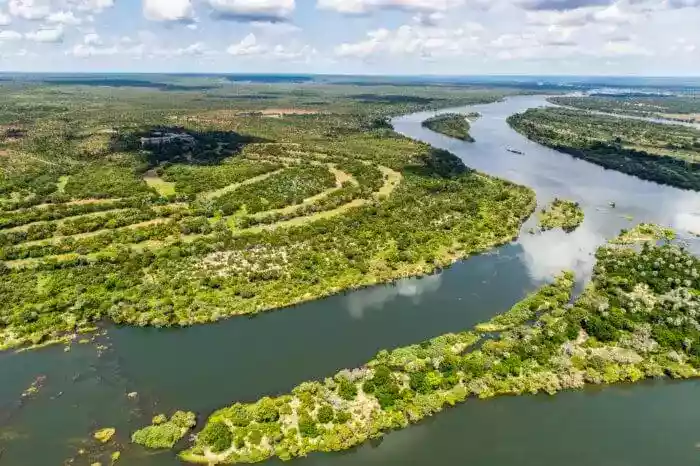
ZIMBABWE is set to make a US$17 million drawdown as part of an African Development Bank package for the Programme for Integrated Development and Climate Change in the Zambezi Basin (Pidacc Zambezi).
The country has already presented its requests, officials told the Zimbabwe Independent this week.
Pidacc is an initiative championed by Zambezi Watercourse Commission (Zamcom) to bolster climate-smart resilience by addressing challenges affecting livelihoods and development in communities along the basin.
Promoters of the programme will use Pidacc as a vehicle to build communities’ resilience to climatic and economic shocks in the Zambezi watercourse, through inclusive, transformative investments, job-creation and ecosystem-based solutions.
In an interview with the Independent this week, Lands, Agriculture, Fisheries, Water and Rural Development ministry chief director for water resources, irrigation development and national WASH coordination Tinayeshe Mutazu said the funding would cover four components of the project.
“The components are building community resilience, strengthening integrated landscape management, supporting adaptation capacity, institutional capacity development and project management,” Mutazu told the Independent.
He said the four components also had sub-components that will be funded.
These are supporting climate-resilient infrastructure development, such as water harvesting and irrigation development, and reinforcing inclusive livelihood support through enhanced agribusiness development.
- Addressing unfair trade key to transforming African food systems
- Residents finger ZETDC employees in cables theft
- New perspectives: Building capacity of agricultural players in Zim
- Mangwe farmers benefit from agric projects
Keep Reading
“The second sub-component seeks to establish integrated landscape management and promote integrated water resources management while the other seeks to strengthen the adaptive capacity of communities,” Mutazu said.
“Strengthening the institutional foundation, capacity building, knowledge management and technology transfer, that is, enhancing capacity to collect hydrological data would also be covered in these sub-components.”
In an interview, Zamcom executive secretary Felix Ngamlagosi applauded Zimbabwe’s commitment to Pidacc Zambezi.
“Zimbabwe fully participated in passing decisions and endorsement of Pidacc Zambezi as a member of the Zamcom organs,” he said.
“During the entire process from the inception and preparation of Pidacc Zambezi, Zimbabwe provided all necessary support to Zamcom in her role as the host government for Zamcom.
As a riparian state, Zimbabwe prepared a comprehensive national component in which the country identified priority projects for implementation at the country level. The country will also benefit from projects that have been identified at regional level,” he said.
Ngamlagosi said the Zambezi Watercourse was susceptible to climate variability as is clear from historical flow records and recent experience.
“Based on the strategic plan for the Zambezi Watercourse, the main issue is the balance between economic growth (inclusive of ensuring environmental sustainability) and disaster risk reduction in the presence of the threat of climate change,’ he said.
“Zamcom has established a notification procedure where countries notify others of any planned long-term development interventions. The notification of planned measures is an important element of international water law and crucial for cooperative management of shared watercourses among others.”
The Zambezi River Basin occupies 55,2% of the territorial area of Zimbabwe and falls within the administrative provinces of Bulawayo, Harare, Matabeleland North, Mashonaland West, Mashonaland Central and Mashonaland East.
The watercourse also falls within parts of the districts of Bulilima, Insiza, Umzingwane and Matobo in Matabeleland South, the districts of Nyanga and Makoni in Manicaland and Gokwe, Kwekwe and Gweru in the Midlands.
Zamcom is an inter-governmental organisation set up by eight riparian states that share the Zambezi Watercourse.
These are Angola, Botswana, Malawi, Mozambique, Namibia, Tanzania, Zambia and Zimbabwe.
The commission was established through the Zamcom agreement signed in 2004.
It came into force in 2011.
Pidacc Zambezi was developed in 2021 and 2022 through a robust multi-sectoral stakeholder-driven process with extensive consultations anchored at the local, national, and regional levels.






